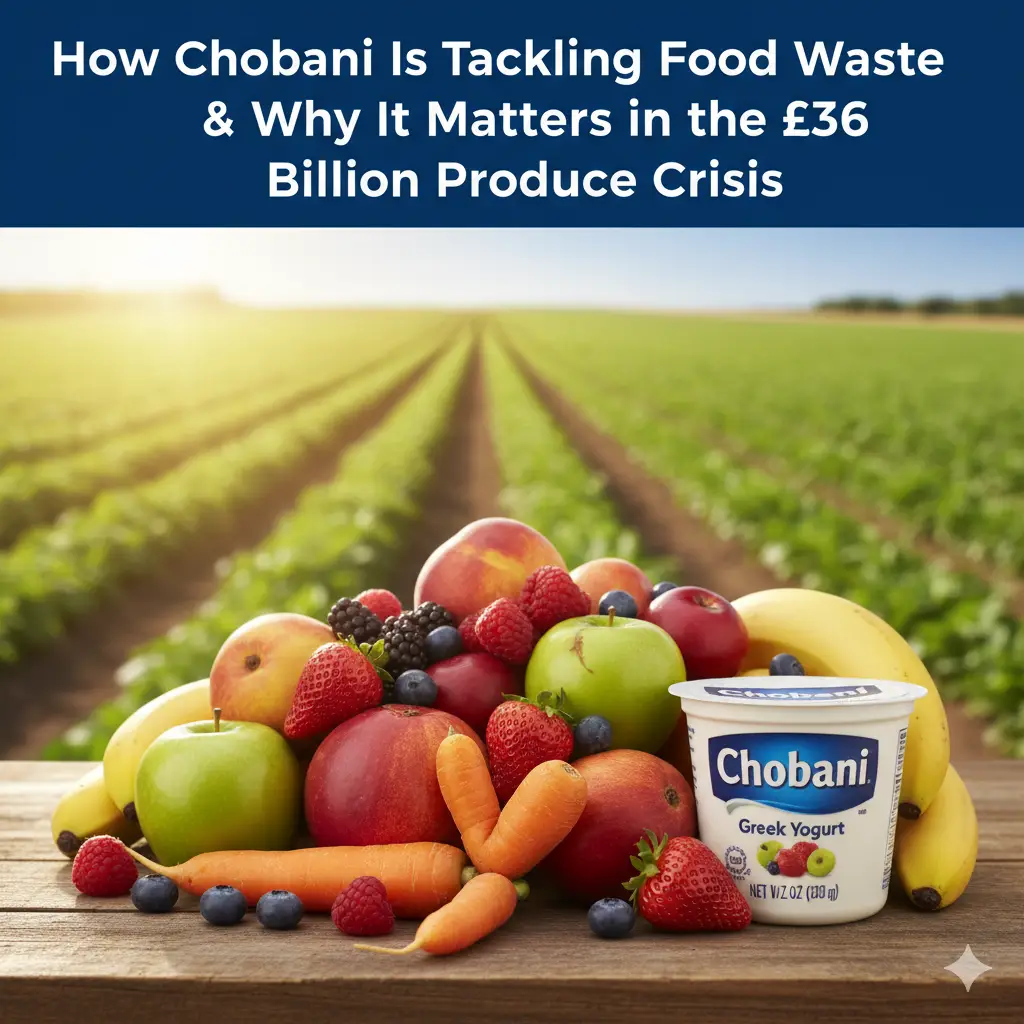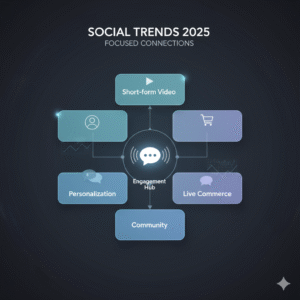Table of Contents
How Chobani Is Tackling Food Waste & Why It Matters in the £36 Billion Produce Crisis
Food waste is no longer a side issue—it’s at the center of conversations about sustainability, agriculture, and business responsibility. A recent report revealed that more than 36 billion pounds of perfectly good produce is wasted every year across the supply chain (AOL). This staggering figure has pushed companies, policymakers, and communities to act. One brand gaining attention in this space is Chobani, which is actively working to reduce waste and create meaningful change.
At Growth Plan, we track business and professional development trends closely. Why? Because how companies handle issues like sustainability and food waste not only affects the planet but also shapes their long-term growth strategies and public reputation.
What Is Chobani Doing About Food Waste?
Chobani, best known for its Greek yogurt and plant-based products, has launched several initiatives to tackle food waste:
- Redirecting Surplus Produce: By collaborating with farmers, Chobani helps move edible but unsold fruit and produce into food systems rather than letting it rot. This effort addresses both environmental impact and hunger relief (Fortune).
- Sustainable Packaging: The company recently made the switch to paper-based cups to reduce plastic waste and improve environmental outcomes (Xtalks).
- Community Support: Through donations and partnerships, Chobani directs resources to food banks and organizations working to fight hunger (Chobani Impact).
These actions position Chobani as a leader in sustainability, but they also highlight an important truth: solving food waste requires collaboration across industries.
Why Is It Trending Now?
Several factors explain why Chobani and food waste reduction are trending:
- Public Awareness: Campaigns such as FoodTank’s call for youth to act against food waste are sparking attention across generations.
- Agriculture Collaboration: Industry leaders are emphasizing that cutting waste in agriculture requires coordination among farmers, producers, and distributors (Farmers Weekly).
- Shocking Statistics: Reports like the £36 billion produce loss bring urgency to the issue and create momentum for both public and corporate action.
Growth Plan’s Perspective
At Growth Plan, we believe food waste isn’t just an agricultural or environmental issue—it’s a business issue. Companies that fail to adapt risk reputational damage and regulatory challenges. Those that lead, like Chobani, gain stronger customer loyalty, better employee engagement, and a future-proofed business model.
For professionals, entrepreneurs, and leaders, the takeaway is clear:
- Build sustainability into your growth strategies.
- Partner with others in your industry to address systemic issues.
- Communicate transparently with customers about your progress.
This is exactly the kind of forward-thinking we help businesses develop through our templates, eBooks, and planning tools—giving you structured ways to stay ahead in a changing business environment.
What Needs to Happen Next
While Chobani’s work is commendable, there’s more that companies across industries can do:
- Increase transparency by publishing regular food waste data.
- Support farmers with forecasting tools to reduce overproduction.
- Educate consumers on how to store and use food efficiently.
- Expand surplus redistribution networks at scale.
Final Thoughts
Food waste is a £36 billion opportunity—not just a problem. Companies like Chobani are proving that bold moves in sustainability can strengthen both the planet and the bottom line. At Growth Plan, we encourage businesses to learn from these leaders, rethink their own practices, and design strategies that align profit with purpose.









